Editor's note: Miles from Muncie is a Ball State Daily News series profiling Ball State students and their study abroad programs. If you have any suggestions as to who we should feature next, send an email to features@bsudailynews.com.
Since she was in high school, Grace Brenner knew she wanted to study abroad when she got to college. When the chance to travel to Chile came about, the junior Spanish and sociology major knew she had to take advantage of the opportunity.
While studying abroad at Universidad Adolfo-Ibáñez, Brenner took a business Spanish class, a Latin American Art & Identity class and a history class where she learned alongside Chilean students.
“I thought [my history class] was going to be about different revolutions, and the process of how we got to that revolution and the important people,” Brenner said, “but for the first two months, we talked about ‘What is a revolution? How do we define it? What are some theories behind it?’ We talked about Martin Luther King Jr. and Malcolm X and how Martin Luther King Jr. was a reformist and Malcolm X was a revolutionist … I think that was really interesting.”
Brenner said it was difficult to adjust in the beginning of her five-month stay in Chile — which lasted from July 2019 to December 2019 — because of Chile’s Spanish dialect, but after taking a weekend trip to Argentina, she said, her mindset changed.
“At first, it was hard because you’re trying to get used to [a new country], and your body's screaming like you want to be back to what you consider to be normal, but you get used to it without realizing that you’re getting used to it,” Brenner said. “I noticed how my dialect was different from theirs [in Argentina], and so I was like, ‘Oh wow, I’m learning some things. So, when I came back [to Chile] after the weekend, I was in the terminal, and I knew exactly where to go and knew exactly what to do. And I was like, ‘Oh my gosh, I do know this place.’ That was cool.”
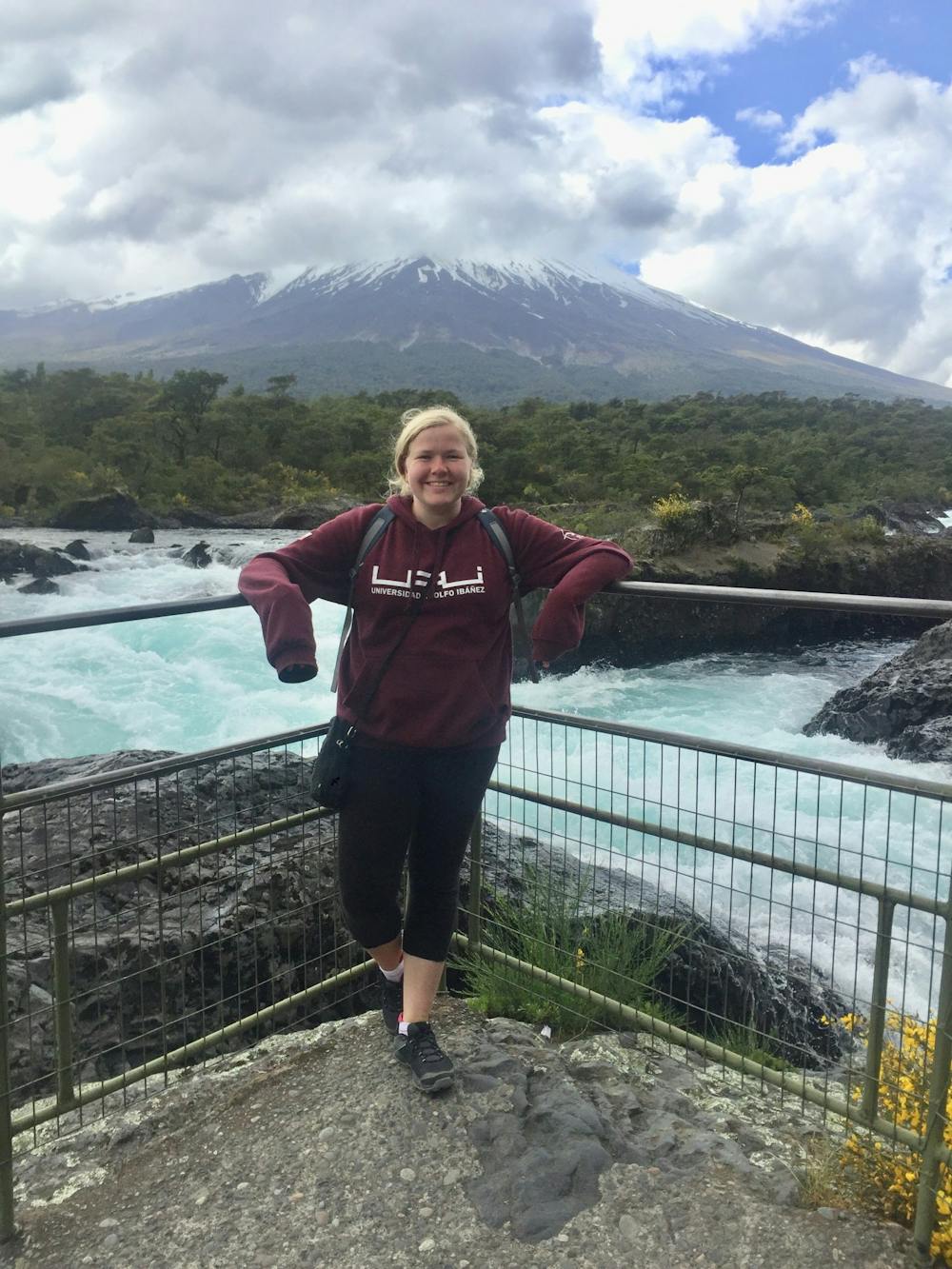
Grace Brenner visits Vicente Pérez Rosales National Park in Chile. Brenner said she would recommend other Ball State students visit Chile for their study abroad experiences. Grace Brenner, Photo Provided
Max Fellabaum, senior Spanish education major, also traveled to Chile last semester. In addition to taking 12 credit hours at Universidad Adolfo-Ibáñez, Fellabaum volunteered at a bilingual preschool and an elderly home.
“There were times where I missed home and my family, but I wasn’t counting down the days,” Fellabaum said. “ I knew it was a once-in-a-lifetime opportunity, so I made sure to make the most of it.”
Brenner and Fellabaum said they experienced Chilean culture not only through their classes, but also through the Chilean protests beginning in October 2019. During their time studying abroad, Chile’s president, Sebastián Piñera, declared a state of emergency and sent the military into the streets.
“The movement is basically a fight against income inequality or really just economic inequality,” Brenner said. “It started out as a protest against the rise in the metro fares in Santiago, and it was supposed to be small protests, but then, somehow, a bunch of fires started all at the same time in different metro stations.”
When the protests began, Fellabaum said, he and Brenner were taking a weekend trip to Peru, and because there were talks about closing down airports, they were nervous they would be stuck in Peru.
“On top of that, my cousin was planning on visiting, so I had to decide if it was safe for her to come or not,” Fellabaum said. “Luckily, we were able to make it back, and my cousin did come to visit. The protests were mainly peaceful, but things definitely did get out of hand. Unfortunately, many people took advantage of the unrest and looted businesses. [There was] lots of tension between police and citizens as well. I remember seeing people getting beaten by police officers and police getting rocks thrown at them.”
The protests reached a point where a curfew was enforced every night, and sometimes, students were tear gassed in the streets, Brenner said.
“One time, I went to the grocery store, and I ended up having to run from the police because they started spraying the road,” Brenner said. “A bunch of my friends got tear gassed on the way home from class one time … It was crazy, but I still wouldn’t change [my experience studying abroad] for the world.”
Because of his time in Chile, Fellabaum said, he has become more open-minded and more critical of his own culture. He was also inspired to apply to the Peace Corps and was accepted.
Since returning from Chile, Brenner said, she now plans to further her education in teaching English as a second language by earning a graduate degree in international relations or public policy.
“You come back [from studying abroad] changed, and you don’t realize until you start thinking things differently,” Brenner said. “One of my Myers-Briggs [letters] changed. I was always a ‘thinker’ — it's like the one thing that has never changed on my Myers-Briggs, and I came back, and I was ‘perceiving’ … I’m more able to deal with those kinds of situations where you’re not sure what’s exactly going on.”

Brenner relaxes after a 6,000-foot hike at La Campana National Park located northwest of Santiago, Chile. While studying abroad, Brenner was able to go sightseeing as well as learn about Chilean culture. Grace Brenner, Photo Provided
When she returned to the U.S., Brenner said, she didn’t realize she would experience a reverse culture shock as she transitioned back to her personal culture.
“[Reverse culture shock] is hard, and sometimes, it’s something that consumes you, and other times it’s just like this weird thing,” Brenner said. “One time, I was just drinking a cup of coffee, and I had this immediate flashback to this memory I had in Chile. So, sometimes, it’s small things. Sometimes, it’s big things.”
Contact Sumayyah Muhammad with comments at smuhammad3@bsu.edu.

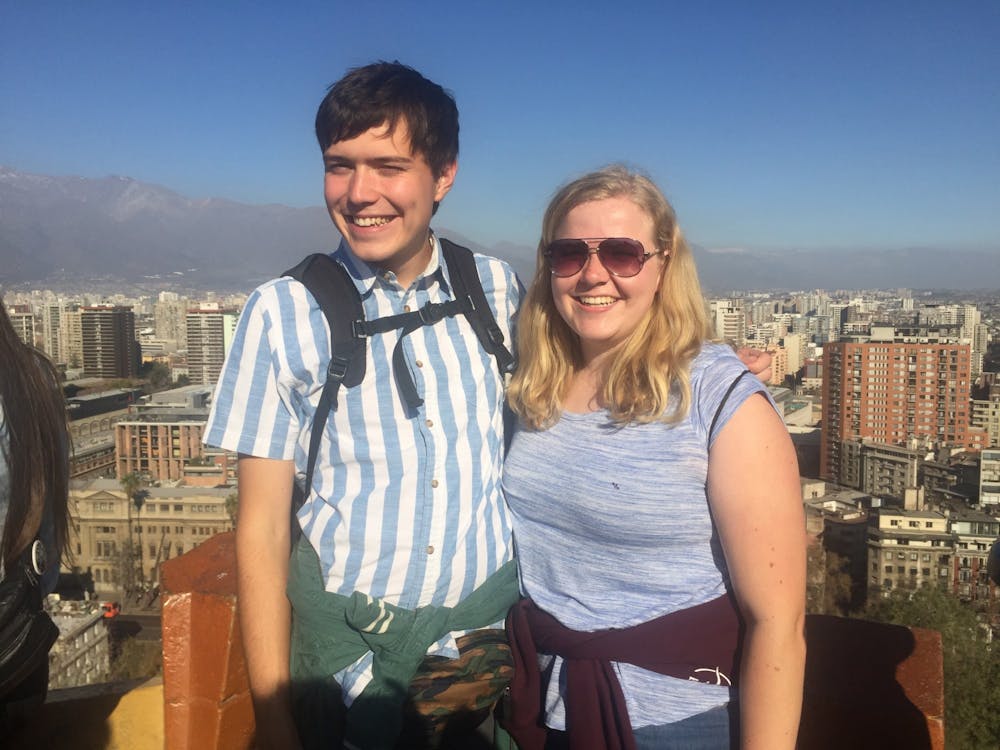
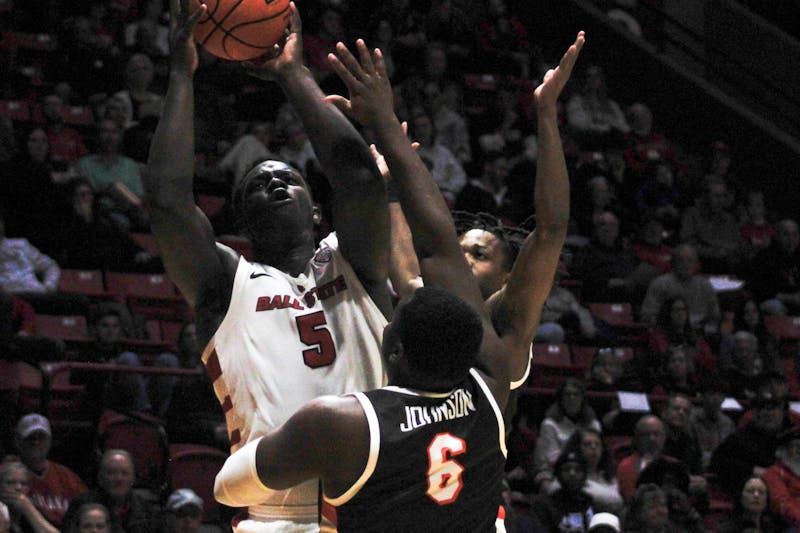
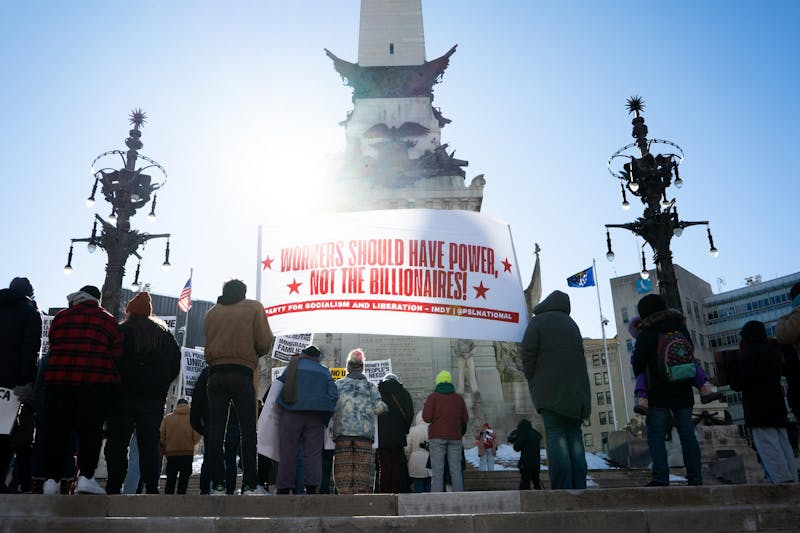
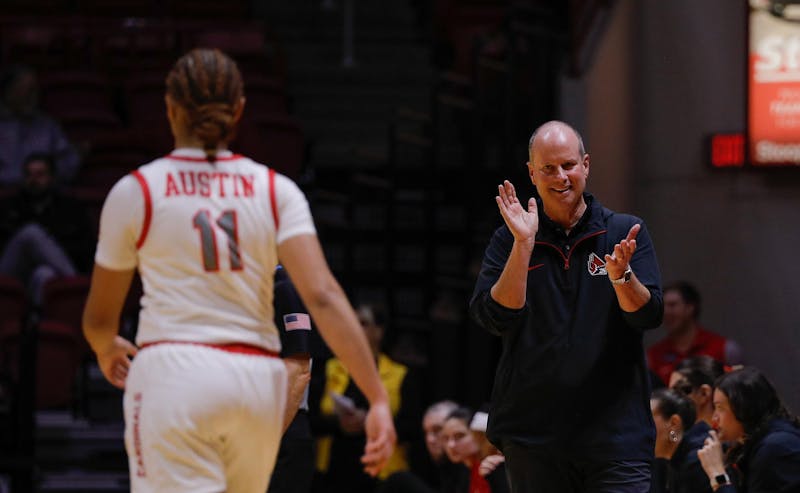
The Daily News welcomes thoughtful discussion on all of our stories, but please keep comments civil and on-topic. Read our full guidelines here.